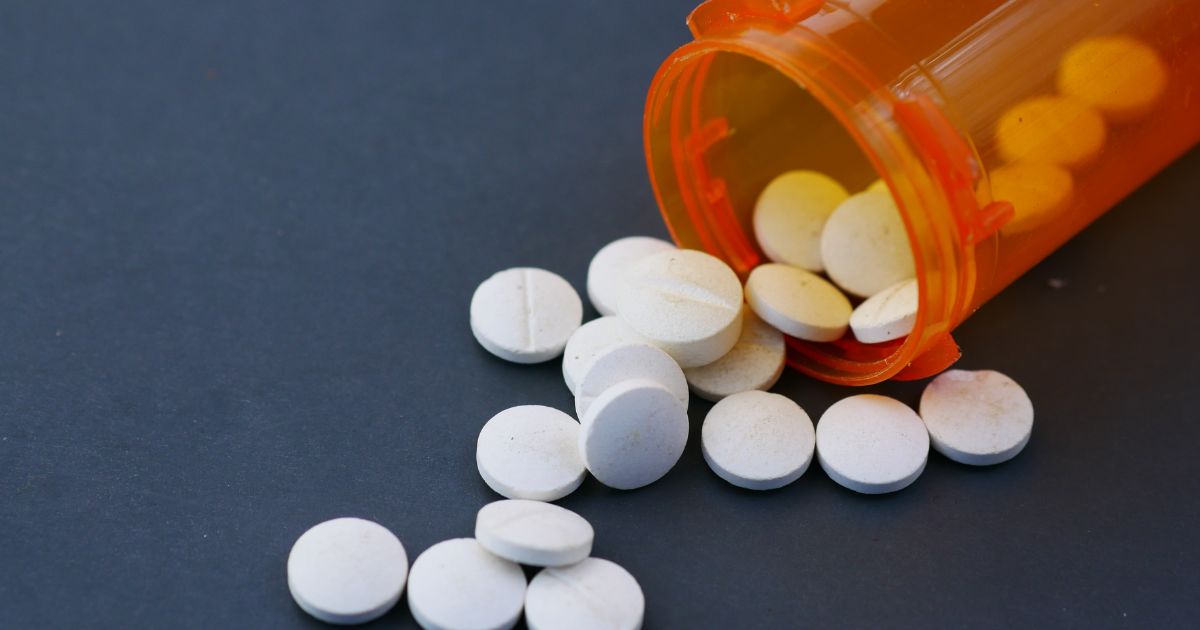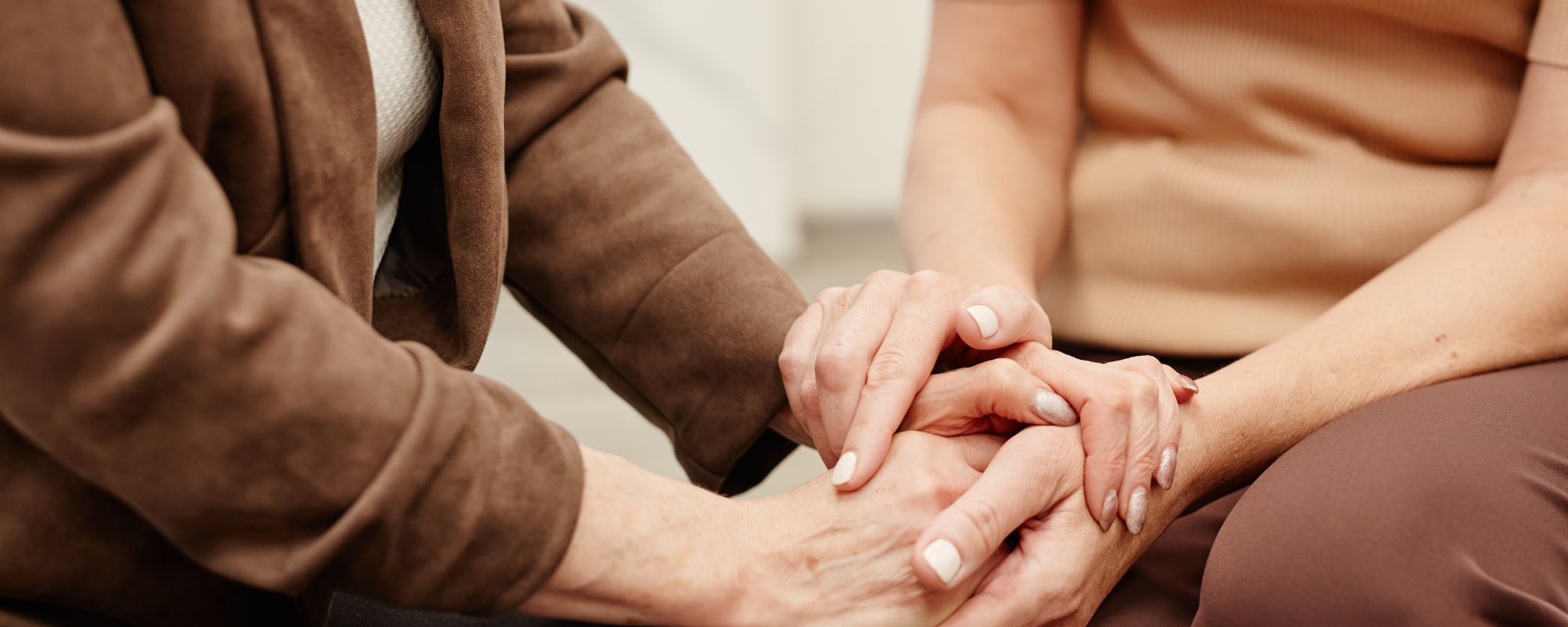Substance use disorder is a relapsing brain disease with many contributing factors. Unfortunately, the stigmas associated with addiction can discourage people from seeking the treatment that they need. In 2016, 20 million Americans had a substance use disorder, but just 10% of addicted people receive treatment, according to a report by the U.S. Surgeon General. Stigmas commonly associated with addiction include:
- The belief that those with a substance use disorder engage in criminal activity
- That people who drink or use in excess do not want treatment
- That addiction is a choice
These assumptions are unreasonable and should not discourage you from seeking treatment if you want it or believe that you would benefit from it.
With over 63,000 drug overdose deaths in the U.S. in 2016 and the U.S. opioid crisis escalating, it’s essential that people seek treatment for substance abuse (Centers for Disease Control and Prevention). Treatment (or rehab) for drug and/or alcohol dependence might involve the following:
- MAT (medication-assisted treatment) or medical detox
- Behavioral therapies
- 12 step programs
- Group and individual therapy
If you’re thinking about seeking treatment, there are several questions that you should ask yourself before checking into rehab that should help you determine whether or not you have a substance abuse problem and whether professional assistance is right for you.
Are you engaging in high-risk behaviors? Are you needle-sharing? Are you having unprotected sex? Are you putting yourself in situations that you would avoid while sober? Engaging in risky or dangerous behaviors could be an indicator that rehab would benefit you and improve your day-to-day life.
Are you unable to quit on your own? Maybe you want to stop using or drinking but can’t seem to put on the brakes. If you are seemingly unable to abstain from substances on your own, or find yourself stuck in the cycle of chronic relapse, you may want to seek treatment.
Do family and friends ask you to stop drinking/using? Your family and friends know you well, and if they’ve picked up on your drinking and using habits and asked you to cut back or seek help, it’s likely that you have a substance abuse problem. Seeking treatment can help put you and your loved ones at ease and improve relationships.
Do you experience withdrawal? Experiencing withdrawal symptoms when you aren’t using or drinking means that you are developing substance tolerance and dependence. This can quickly turn into a serious addiction that requires detoxification for recovery to begin. Detoxing from substances without medical supervision can be extremely dangerous, so you should seek professional help if you believe that you have developed a substance dependence.
Is your job at risk? If substance dependence is making you late to work and interfering with your work responsibilities, you should probably consider treatment. Showing up every day to do a job shows commitment and provides the financial means by which to live; if substance abuse is preventing you from seeing this, it’s likely you need rehab.
Has your doctor told you your health is being affected? Substance abuse negatively impacts both your mental and physical health, and you should take note if your doctor brings the psychological or physiological effects of alcohol or drug use to your attention.
Do you want to quit? Ultimately, attaining and maintaining sobriety comes down to whether or not you want it. If you want to break the cycle of addiction but don’t know how, seeking professional treatment is your best option.
At Royal Life Centers, we treat dependence on alcohol, methamphetamines, benzodiazepines, cocaine, and opioids with a safe medical detox and an evidence-based therapy program. Please reach out to our admissions team at (877)-RECOVERY at any time with questions you have about our detox, residential, or aftercare programs.









